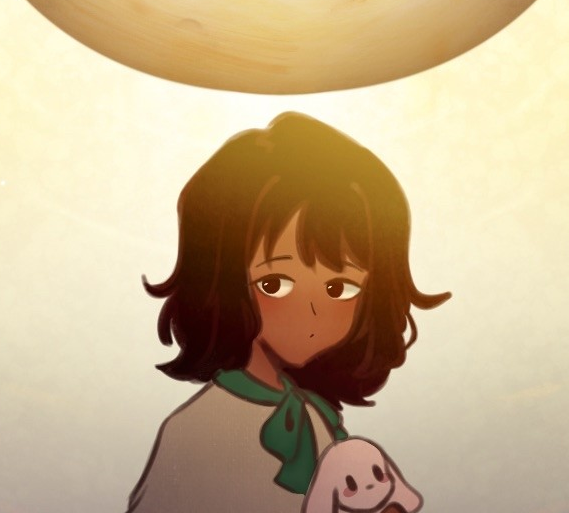“Is free will a myth?”
It was a silly question at first, I suppose. A class in theory of knowledge that encouraged topics of deeper thought within a high school setting wouldn’t truly explain the concept of fate or autonomy. I asked the question with hope that it’d spark something, but the students around me seemed to look to each other as if it was a math question asked 3 years too late.
“No.”
But nobody said anything else. I prodded. I played devil’s advocate. I also was sure what I did was what I’d do. But I couldn’t see the nagging feeling in the back of my head. I pleaded for someone’s words to widen the crack so I could slip past the wall blocking me from what made me want to ask this question.
“No.”
I stood up. I didn’t think they understood. I paced and discussed every thought in my head and tried to beg for an answer to a question I couldn’t tell I had wanted to ask because I knew I wouldn’t like the answer. I expounded and looked around desperately at the other students with a manic expression.
The bell rang, and the class packed up their bags.
—
I never got an answer. Not more than just “no.” It seemed like fate and free will were seen as tools of storytelling and fantasy to the rest of them, and my efforts to answer the question weren’t fruitful. At least, not how I wanted them to be. Because in truth, I knew they were right. I believed it too. Of course we had free reign over what we did—or at least we felt like we did. We needed to or it’d dismiss our achievements as predestined. It was so much easier to believe it was our action.
And I couldn’t let it be. I needed there to be something else at play. A supernatural power dictating the world’s grand plan. I needed to know that my fate was set in stone, or I’d have to accept that it was my own choice.
I’d have to look down at bloody hands, a knife dripping life as the bodies littered the memories of my life. The corpses of Joy and Ambition lying cold on the ground with red footprints following me down through time. A town of Normal that’d gone up in flames and the fall of Unconditional Love from its throne of Parenthood. I’d have to see their pleading faces as I cut them down and left them to decompose in the recesses of my mind.
I’d have to believe I had killed them. That I could have stopped and chosen to drop the knife. That there was a chance that I could have kept them in my life till now. That fate is a simple myth to disturb the common belief that all effects come from causes that we can control. That free will is what we have to take control of our lives—the ability to choose and achieve and decide and regret. I’d have to believe that the reason I sit here with nothing but Loneliness to keep my company and Sadness to cheer me up is that all the others around me disappeared because of me.
So that’s why you can’t say no. There has to be a chance that it was fated from the start.
